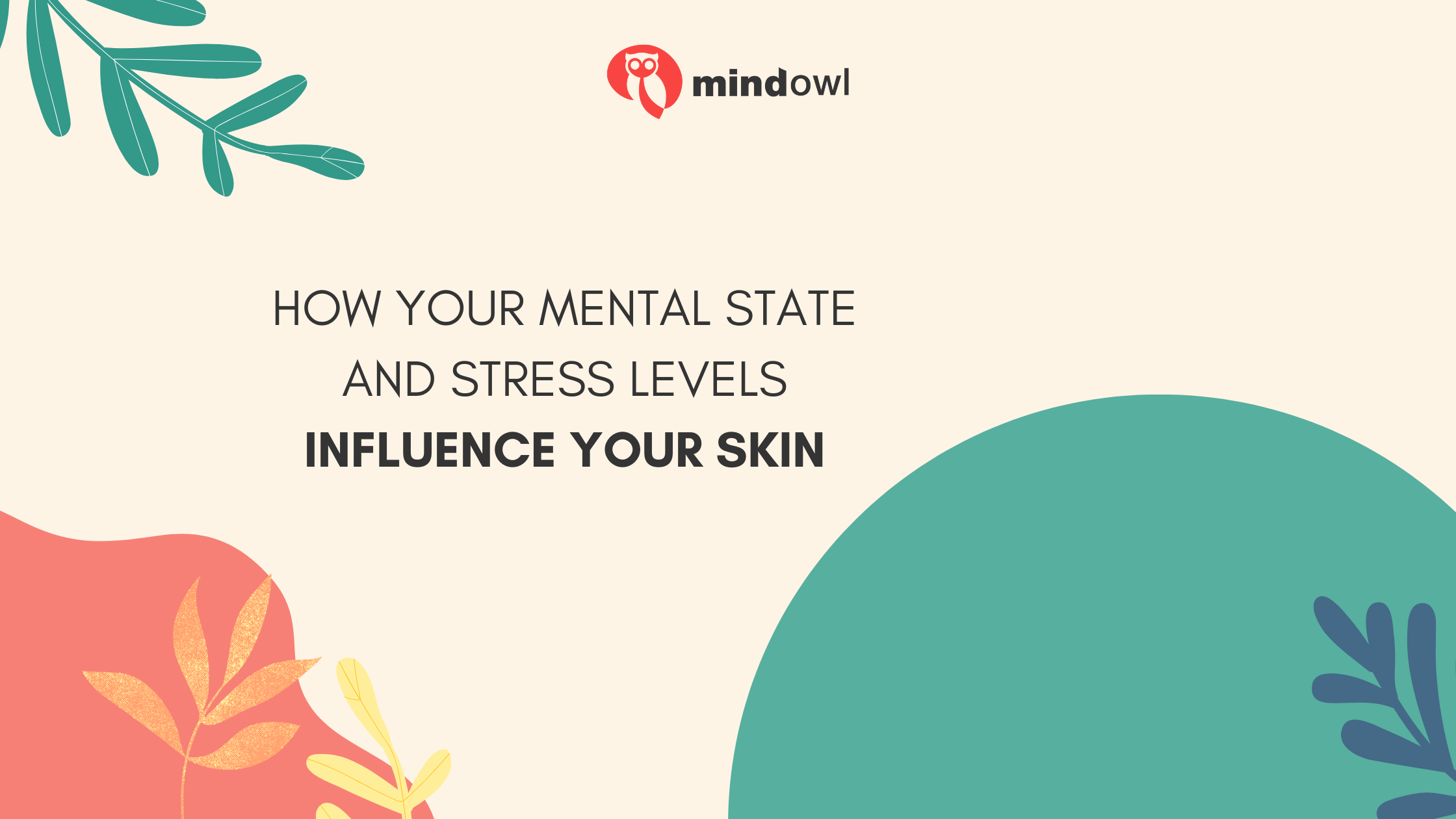You might think of stress as something that only affects your mind. But your skin? It feels it, too. That’s why dermatologists often say your emotional health can show up right on your face. It’s also why many people walking into a skin clinic in Singapore or any other country aren’t just looking for clearer skin—they’re also trying to understand why their skin reacts the way it does during stressful times. Let’s explore how your mental state can directly influence your skin’s health—and what you can actually do about it.

Stress Shows on the Surface
Ever noticed a breakout before a big presentation? Or dry patches during a tough week? That’s not a coincidence. When you’re stressed, your body produces more cortisol, the stress hormone. Cortisol tells your skin’s oil glands to ramp up production. This often leads to clogged pores and inflammation—two common causes of acne.
Stress can also slow your skin’s healing process. Small irritations or blemishes might take longer to fade. You might notice increased redness, flakiness, or puffiness around your eyes and cheeks. In people with conditions like eczema, psoriasis, or rosacea, stress is a well-known trigger for flare-ups.
Anxiety and Sleep Deprivation
The mental strain doesn’t just affect your thoughts. It messes with your sleep, too. Poor sleep leaves your skin dull and tired-looking. Dark circles become more obvious. Your skin loses its natural glow.
Without quality rest, your skin doesn’t get the time it needs to repair itself. Nighttime is when the skin regenerates. If you’re tossing and turning, you’re cutting into that process. Over time, this can lead to early signs of aging—like fine lines or uneven tone. Anxiety can also show up in more physical ways. Many people pick at their skin when nervous, which can cause scars, scabs, or even infections.
The Mind-Skin Connection
There’s a field called psychodermatology that focuses entirely on how the mind affects the skin. Studies show a strong link between emotional distress and skin conditions. Stress affects your immune system. It can weaken your skin barrier, making it easier for irritants to get in and moisture to escape.
This is where more serious conditions can come in. Take, for example, skin cyst removal. While cysts aren’t always linked to stress, ongoing inflammation or hormonal imbalance—both of which can be stress-related—may contribute to cyst formation. Left untreated, they can cause discomfort or leave behind marks.
What You Can Do
The good news? Managing your mental state helps your skin, too. You don’t need a full wellness retreat. Simple habits go a long way.
- Prioritize rest. Aim for 7–8 hours of sleep each night.
- Move your body. Regular physical activity helps reduce cortisol levels.
- Practice mindfulness. Deep breathing, meditation, or even a walk in nature can help lower anxiety.
- Hydrate and nourish. A balanced diet supports your skin from within.
- Stick to gentle skincare. Avoid harsh products when your skin feels stressed.
If skin issues persist, it’s worth speaking to both a dermatologist and a mental health expert. Skin and mental health go hand in hand. One often influences the other.
Final Thoughts
Your skin tells a story. Sometimes, that story includes your thoughts, your worries, and your stress. By taking care of your mind, you’re also taking care of your skin. Don’t underestimate the power of mental wellness. After all, healthy skin often starts from the inside out.
MindOwl Founder – My own struggles in life have led me to this path of understanding the human condition. I graduated with a bachelor’s degree in philosophy before completing a master’s degree in psychology at Regent’s University London. I then completed a postgraduate diploma in philosophical counselling before being trained in ACT (Acceptance and commitment therapy).
I’ve spent the last eight years studying the encounter of meditative practices with modern psychology.

